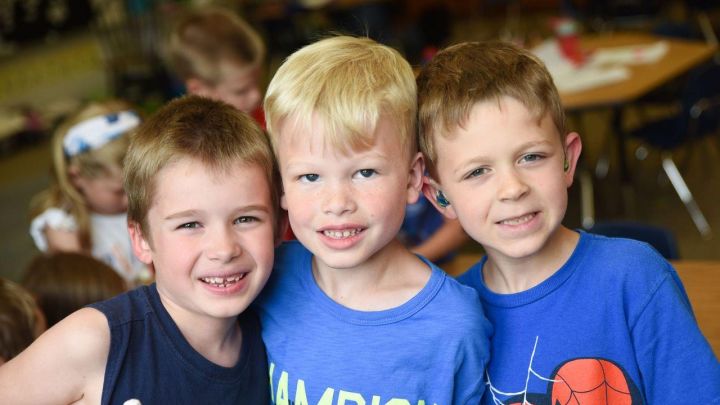Only You Can Prevent Bullying
In grades K-12, 1 in 7 students is either a bully or a target of bullying. Whether it’s a post on social media, constant refusal to include a peer at lunch, or messing up a locker, bullying hurts others and does not show love toward fellow image-bearers of God. We don’t like it and know that it’s wrong but what can we do about it by ourselves? I mean, sometimes we may have a hunch that a student is bullying or being bullied but we really can’t prove it. Or, other times, it seems like we are the only one who wants to address it.
While comprehensive bullying prevention is best done in the context of the whole school community, where the atmosphere and expectations are the same across all situations and people involved, there are a few ways that you can proactively address bullying on your own at home or church. The following suggestions were adapted from information provided on stopbullying.gov.
Talk about bullying with kids.
We, as adults, need to help kids understand which behaviors constitute bullying and what to do about it. You could point out what they can do or say to stand up to bullying, like “Stop” or “That’s enough”. Also, encourage them to get help for themselves or others by talking to adults about the situation.
For conversation starters with your children or class, use this 30-second PSA, “I Will Not be Bullied!” from the American Association for People with Disabilities, and the downloadable tool-kit to get them thinking deeper about bullying.
Communicate often.
When we talk with kids regularly about what is happening in their lives they will feel comfortable to come to us with sensitive topics like bullying. It’s important that we build trust with them by listening to their views and opinions on school, friends, and activities. Then, we can talk openly by asking questions like “What do you usually do when you see bullying happening?” or “Why do you think someone might bully another?” And kids will be more likely to see us as a trusted resource when they are being bullied.
Encourage kids to pursue their interests.
When kids are involved in activities that they enjoy it provides an opportunity to build relationships and grow in confidence. This builds resilience and can protect from bullying.
Be a positive role model.
The old adage that behaviors and values are “caught not taught” still rings true. When we treat people with kindness and respect, kids see it and are more likely to engage in similar behavior.
Using these ideas can help to reduce bullying towards and by those children with which you have the most contact, and can further your mission of helping them grow in Christ-likeness. All Belong also provides professional development to help your school put a comprehensive framework into place to become a safer community for all children.

Beth Harmon
Beth Harmon served as a School Psychologist at All Belong, where she enjoyed the "ah ha" moment when a parent or teacher gains an understanding of why a child learns or behaves in a certain way. She loves being the advocate to help the adults in a child's life appreciate the uniqueness of and love the child even more.
